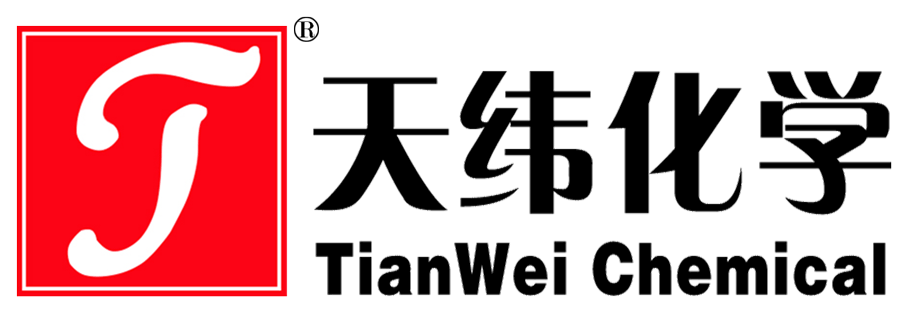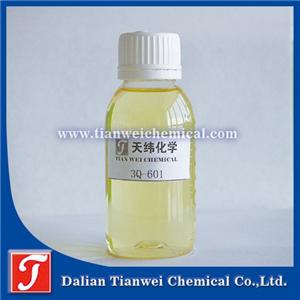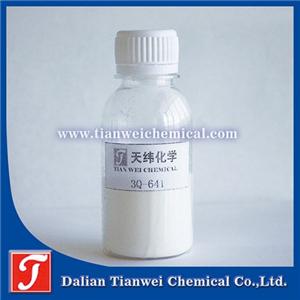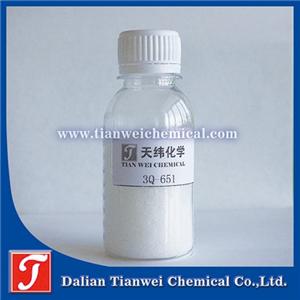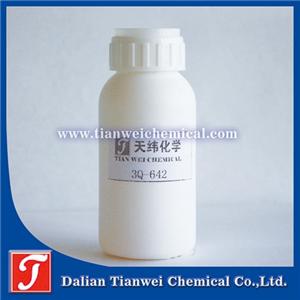What are the use conditions of preservatives issued by preservatives manufacturers?
What are the use conditions of preservatives issued by preservatives manufacturers? It has a sustained inhibitory effect on the growth of microorganisms that take spoilage substances as metabolic substrates. It is important that it can have a sustained effect in different conditions prone to corruption, especially when the general sterilization effect is not sufficient. Mineral oil, coal tar and tannin for the preservation of fiber and wood; formaldehyde, mercuric, toluene, butyl p-hydroxybenzoate, nitrofurazone derivatives or balsam resins for biological specimens.
The use of preservatives in food is limited, so some physical methods such as drying and curing are mostly relied on. Special preservatives include organic acids such as acetic acid, vegetable oils with oleic acid as components, mustard seeds and other special essential oil components. For the local area of the organism (such as the surface of the human body or the digestive tract), various preservatives (such as iodoform, phenyl salicylate, aniline dyes or acridine pigments, etc.) can be used according to the specific conditions.
Only 32 kinds of food preservatives have been approved, and all of them are low-toxicity and high safety varieties. Before they are approved for use, they have gone through a large number of scientific experiments, animal feeding and toxicological tests and identification, and have proved that they do not cause any acute, subacute or chronic harm to the human body.
As long as the variety, quantity and scope of food preservatives used by food manufacturers are strictly controlled within the scope prescribed by the national standard "Standard for the use of food Additives" (GB2760-2011), it will not cause damage to human health, and people can rest assured that they can eat. For example, the food seen in the market is usually added to potassium sorbate, sodium benzoate and other preservatives, these two widely used preservatives are ingested by the human body, generally excreted with urine, will not accumulate in the human body.
In our country, most of the preservatives used in food production are synthetic, improper use will have certain side effects; Some preservatives even contain trace toxins, long-term excessive intake will cause certain damage to human health. Taking benzoic acid, a widely used food preservative, as an example, there has been controversy about its use in the world.
For example, because benzoic acid and its sodium salts have been reported to be toxic, the European Community Child protection Group considers it unsuitable for use in children's food, and Japan has also made strict restrictions on its use. Even as one of the internationally recognized safe preservatives sorbate and potassium sorbate, excessive intake will affect the balance of human metabolism.
